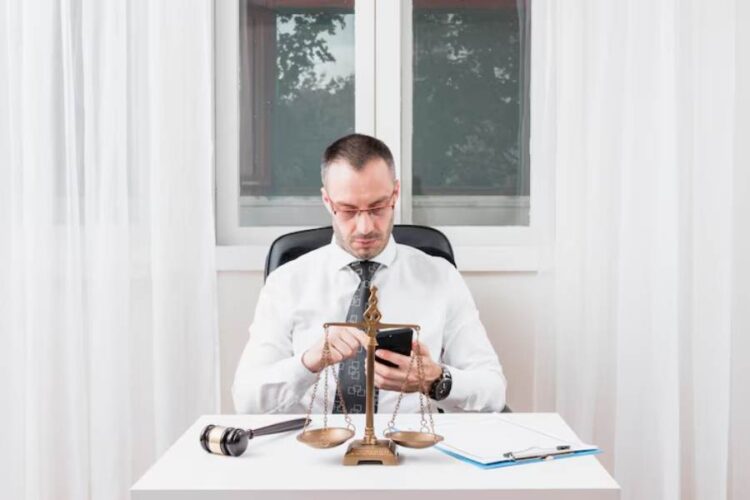Suffering a personal injury can be a devastating experience, both physically and emotionally. You may be facing significant medical bills, lost wages from being unable to work, and general upheaval in your daily life. The American legal system provides avenues for injury victims to pursue compensation from those responsible, but navigating these complex waters can be daunting.
This guide offers an overview of the key steps and considerations in seeking legal redress after a personal injury.
Finding a Personal Injury Lawyer
The priority is to find an experienced personal injury lawyer to represent your interests. With an American injured every second and killed every three minutes in preventable incidents, injury law is crucial. Personal injury lawyers specialize in tort law and will handle matters related to financial compensation for your losses and damages. They are your advocate, advisor, and negotiator. Look for a lawyer with expertise regarding the type of injury in your state, as unintentional injuries have been the top cause of death in recent decades.
Evidence Gathering in a Personal Injury Case
To build a strong case, you and your personal injury lawyer must gather compelling evidence to establish liability and support your claims. Injury cases that go to trial result in verdicts favoring plaintiffs about 50% of the time, making thorough documentation essential. Key evidence may include medical records, proof of lost income, eyewitness statements, accident reports, and photos or videos of the scene. The stronger your evidence, the better your chances of securing fair compensation.
Personal Injury Settlement Negotiations
Many personal injury cases settle out of court through negotiations between your lawyer and the insurance companies involved. Your lawyer will advocate for full compensation, while insurers typically start with lower offers. Initial offers tend to undervalue claims, making skilled negotiation essential for achieving fair compensation. With settlement often preferable to unpredictable trials, your lawyer’s experience in handling negotiations is invaluable. Staying patient and maintaining realistic expectations during the process can help secure a more favorable outcome.
Filing a Personal Injury Lawsuit
If negotiations fail to produce a satisfactory settlement, the next step is filing a complaint outlining your allegations of liability and claimed damages. Your lawyer will initiate discovery – formally requesting relevant documents, tangible evidence, and depositions from witnesses to support your case further and undermine the defense. Respond promptly and comprehensively to discovery requests from the other side as well. Thorough discovery strengthens your arguments when liability and appropriate compensation amounts are disputed.
The Personal Injury Trial
If no pre-trial settlement is reached, your personal injury case proceeds to a civil trial before a judge and/or jury. Your lawyer presents witnesses, evidence, and legal arguments aimed at proving liability and your damages claims. Meanwhile, the defense presents counterarguments and aims to defeat your claims of liability. Either side can appeal the verdict. Although trials are complex, stressful, and unpredictable, sometimes trying the case is the only path to justice.
Recovering from a personal injury can be tough, but with the right legal support, fair compensation is achievable. Trust your lawyer to handle the process while you focus on healing. With determination and a strong case, securing justice is within reach.










